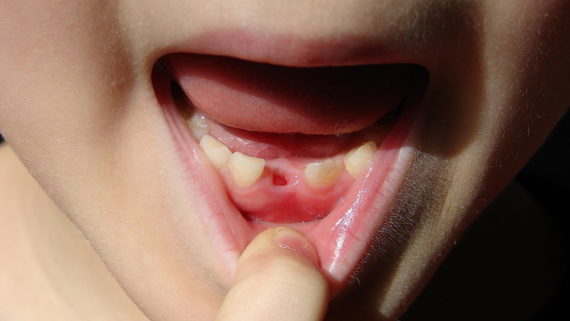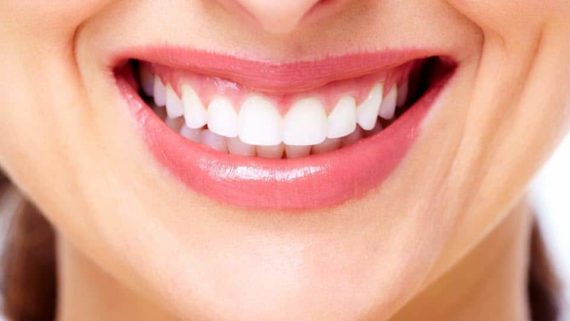It may not be the end of the world if you forget to floss or brush your teeth every once in a while. However, paying close attention to your oral health is much more important than you may realise. If you do not keep tabs on your oral health, you may be putting yourself at risk of developing other diseases. Additionally, poor oral health can be a sign of an underlying problem that you may not even know exists.
Research has shown that a healthy mouth can help people to ward off medical problems. Conversely, an unhealthy mouth can allow these issues to develop even more quickly.
Your Mouth as a Portal
One of the easiest ways that bacteria, viruses, and other pathogens can enter your bloodstream is through your mouth. The mouth is the entry point to two of the most critical systems in the body: the digestive and the respiratory. Without proper care, your mouth may allow these dangerous pathogens to enter essential areas of the body and wreak havoc.
When people neglect to administer oral care adequately, they may develop a host of problems. Severe diseases include gingivitis, periodontitis, and trench mouth. Plaque buildup along the gum line causes these conditions. This plaque-rich environment can allow even more bacteria to build up and potentially enter the bloodstream, causing a host of other problems throughout the body.
Conditions Linked to Poor Oral Health
Pathogens entering the body through the mouth can lead to the following medical problems.
- Cardiovascular Disease – Dentists now believe that bacteria found in the mouth can lead to infections and inflammation, which can cause heart disease. Inflammation in the mouth can cause inflammation throughout the body, especially in arteries that can lead to blood clots. Research also shows that people with gum disease are at a higher risk of suffering a heart attack or stroke.
- Endocarditis – This disease is an infection of the interior lining of the heart. Bacteria from the mouth, making its way to this area of the body, is one of the primary causes of this condition. You are even more likely to become a victim of this disease if you have a weakened immune system that cannot fend off this bacteria in the bloodstream.
- Pneumonia – Oral bacteria that makes its way into the lungs can cause pneumonia to develop.
Birth Complications – Low birth weight and premature birth may be a result of periodontitis.
Diseases that Can Weaken Oral Health
While poor oral health can cause some diseases, other diseases can cause a person’s oral health to decline.
- HIV/AIDS – People with HIV/AIDS often also suffer from mucosal lesions.
- Diabetes – Diabetes can lower the body’s ability to fight off infection, allowing gum disease to develop more easily. Additionally, gum disease can make it even more difficult for people to control their blood sugar levels and keep their diabetes in check because it can cause insulin
- resistance. Strong oral health can help people manage their diabetes and live their life to the fullest.
- Alzheimer’s Disease – In the later stages of Alzheimer’s Disease, poor oral health is common.
- Osteoporosis – This disease involves the weakening of teeth and bones. Some treatments for it can also put the bones of the jaw at risk of damage.
The Importance of Saliva
Saliva is an essential weapon in the fight for excellent oral health. When functioning correctly, this substance does a great job of neutralising acids and washing away food particles left behind after eating. Without saliva to perform these functions, people are at a higher risk of oral bacteria buildup.
Saliva contains antibodies that can kill viruses that are trying to get into your bloodstream. At any given moment, your saliva is battling up to 500 different species of bacteria trying to call your mouth home.
Diagnostic Saliva
Dentists actually can use saliva as a diagnostic tool to determine if your body is experiencing a health issue. Excess cortisol in saliva helps doctors find out if newborn babies are experiencing high-stress levels. Even markers for certain cancers are present in saliva. This substance can also be useful for testing for the presence of certain illicit drugs, hormones, or antibodies. Your saliva serves as a window into the overall health of your body.
Encouraging Saliva Production
Several treatment options may help you to increase your production of saliva if you suffer from the underproduction of this vital substance. There are over-the-counter medications that come in a rinse or spray. You could also talk to your dentist about prescription drugs that may help with this problem.
If you are looking for non-medication solutions, try always to stay hydrated, chew on sugar-free gum, and avoid salty and dry foods.
Note that some medications for unrelated illnesses can decrease your body’s saliva production. In this case, you need to do everything you can to encourage output so that your mouth and whole body have adequate protection from disease.
How to Enhance Oral Health and Overall Wellbeing
Now that we know that there are clear links between your oral health and overall wellness, let’s learn how to improve both at the same time.
Floss, Brush, and Use Mouthwash
Some studies have shown that flossing can add years to one’s life expectancy. Even if this task seems tedious, it can significantly improve your health and stop the buildup of bacteria in the areas of your mouth that are hard to reach. If you can remove this bacteria from your body before it can enter your bloodstream, you will significantly reduce your risk of disease.
The standard recommendation is to brush your teeth at least twice a day and floss at least once a day. You can also use mouthwash on top of these preventative measures to ensure that you can remove as many food particles as possible.
Eat a Healthy Diet
Eating a healthy diet is an excellent way to give your body the nutrients it needs to thrive. Moreover, it can help to keep your mouth in tip-top shape.
Limiting foods with excess sugar will help to keep your teeth strong and healthy. Additionally, restricting tobacco use can be exceptionally effective in lowering your risk of oral problems, including cancer. Only eating foods that will help your mouth be healthy and strong will also do the same for your body as a whole.
Regular Visits to the Dentist
While at-home oral care is vital, it cannot compare to the professional cleaning that you can only get at your dentist’s office. Regularly going to the dentist will also ensure the early detection of possible underlying issues before they become major health problems. Even though you may feel tempted to put off these appointments, dental care is vital, and avoiding it could harm your overall health.
Conclusion
Many people falsely believe that neglecting their oral health will not have many adverse side effects. However, your mouth is one of your body’s most critical aspects to keep clean and healthy. Follow the above tips to keep your teeth pearly white and your mouth healthy, which can contribute to keeping your whole body healthy, and if you have any questions or concerns contact your local dentist.











Comments
Comments are closed.